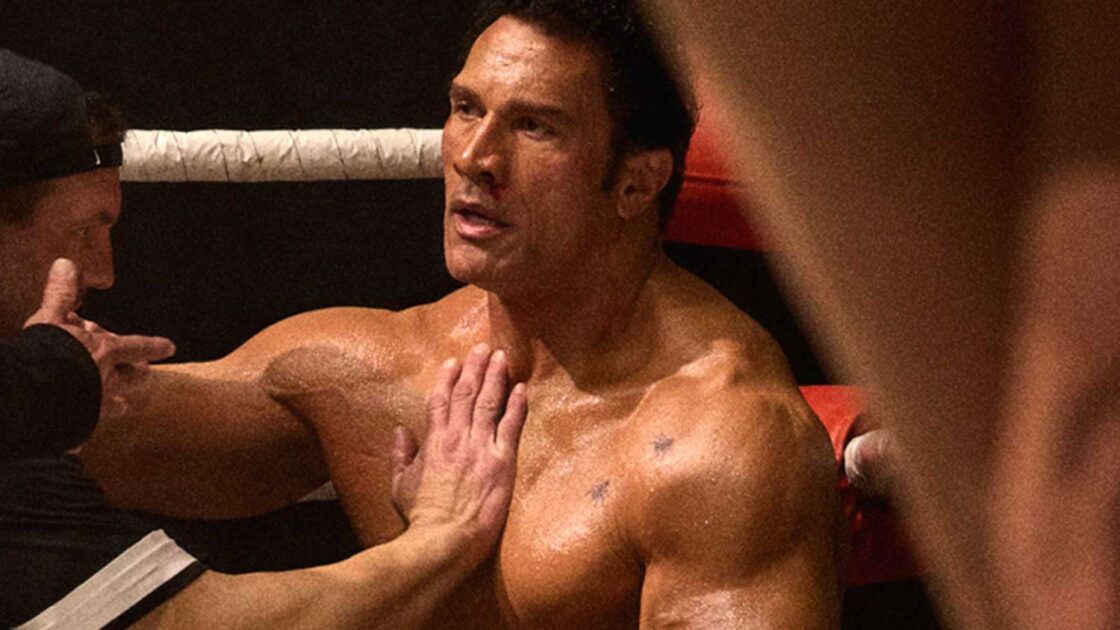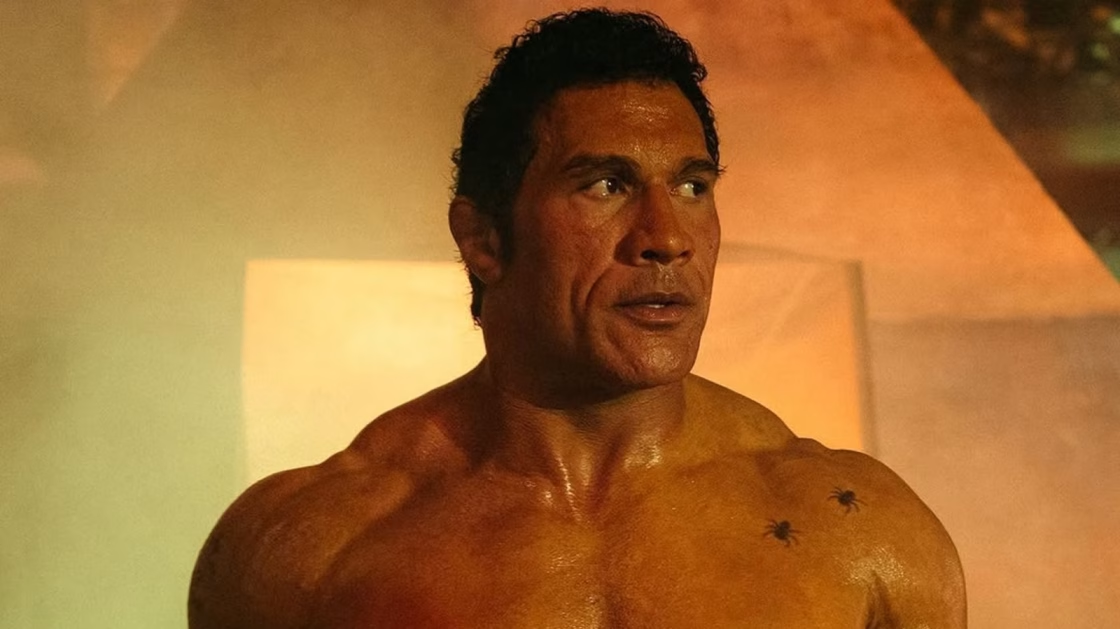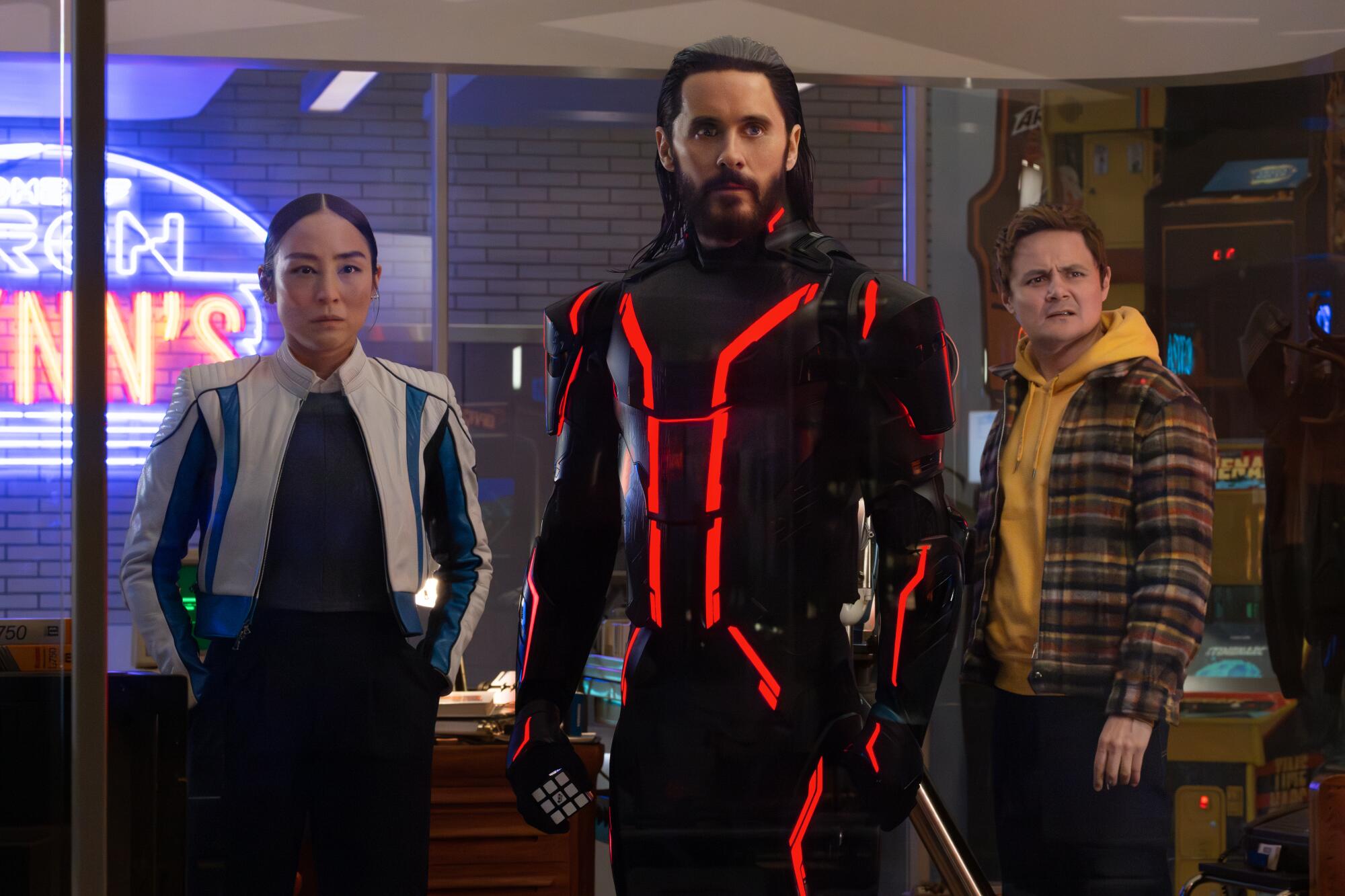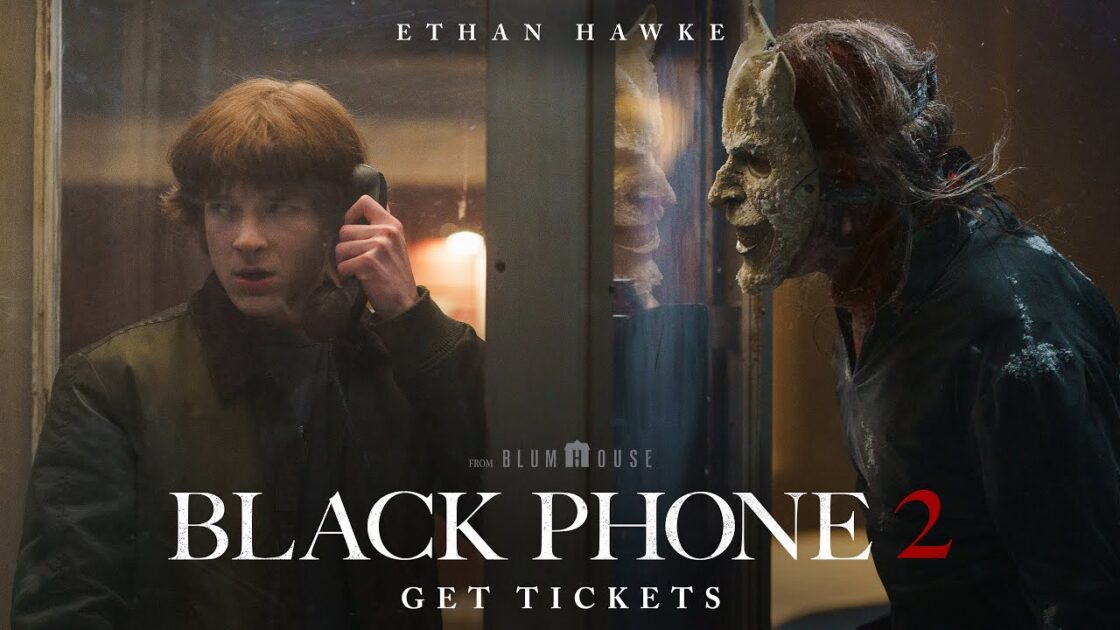
It’s official — October 2025 delivered one of the ugliest box office performances we’ve seen in decades. Domestic ticket sales for the month totaled roughly $425 million, marking the worst October in 27 years (excluding the pandemic). Even worse, the movies that were supposed to save the month — Tron: Ares and The Smashing Machine — turned out to be part of the problem.
Tron: Ares, the highly anticipated return of Disney’s sci-fi franchise starring Jared Leto, opened with around $33.5 million domestically and has earned roughly $154 million worldwide on a reported $200 million budget — a disappointing turnout for a film expected to electrify audiences. Meanwhile, The Smashing Machine, starring Dwayne “The Rock” Johnson in a dramatic biopic about MMA legend Mark Kerr, managed just $5.8 million on opening weekend and has crawled to about $36 million worldwide. That’s a brutal blow for a film that cost about $50 million to make.

So how did Hollywood end up here? Let’s break down the seven biggest reasons behind this October box office collapse.
1. The Blockbuster Pipeline Dried Up
October used to be a sweet spot for surprise hits. Think Joker ($96 million opening), Venom ($80 million), or A Star Is Born ($42 million). This year, there wasn’t a single film that cracked $40 million on opening weekend. Tron: Ares was supposed to be that anchor, but instead, it underwhelmed and left a crater-sized gap. Without a big, must-see event movie, the month was destined to struggle.

2. Franchises Are Losing Their Power
Hollywood has been leaning on franchise fatigue for too long. Sequels, spin-offs, and cinematic universes no longer guarantee success. In October, even when recognizable brands showed up, audiences just weren’t buying tickets. Fans are becoming more selective and, frankly, burned out. Without something fresh, original, or buzzworthy, name recognition alone isn’t cutting it anymore.

3. Streaming Still Rules the Living Room
Let’s be real — most of us have gotten a little too comfortable streaming at home. Between endless streaming options and premium home setups, audiences now need a reason to leave the couch. Unless a film offers spectacle, cultural buzz, or genuine FOMO, the $20 movie ticket and $12 popcorn combo just doesn’t feel worth it. This October, the movies playing in theaters didn’t offer that must-see urgency — and streaming quietly won again.

4. Weak Word of Mouth
Even when new titles hit theaters, they couldn’t sustain momentum. Opening weekends fizzled fast as word of mouth spread online. A few niche or genre films performed decently, but none had the kind of legs to carry the month. In today’s environment, one bad Rotten Tomatoes score or a few viral TikToks calling a movie “mid” can tank its prospects within hours.

5. Bad Timing and Scheduling
October is historically an awkward month for Hollywood — wedged between the late-summer blockbusters and the holiday prestige slate. If studios don’t plan carefully, it becomes a dumping ground for films that didn’t fit elsewhere. That’s exactly what happened this year. The calendar lacked synergy, and audiences, already spoiled for choice, decided to wait for November’s bigger releases. Timing matters, and this October was a scheduling casualty.
6. Ticket Prices Are Up, Attendance Is Down
Even with ticket prices higher than ever, that inflation can’t hide the fact that fewer people are going to the movies. Back in 1997, October’s total box office was around $385 million. Adjusted for inflation, that would be roughly $780 million today — nearly double what theaters made this year. Rising prices can’t make up for vanishing audiences. It’s a sobering reminder that the math just doesn’t work anymore when moviegoing becomes a luxury instead of a habit.
7. The “Box Office is Dying” Narrative Took Over
There’s also a psychological side to this slump. When every headline screams “box office massacre,” the narrative becomes self-fulfilling. Industry insiders brace for disappointment, marketing budgets tighten, and casual moviegoers assume nothing worth watching is out. The media cycle itself becomes part of the problem — amplifying a sense of crisis that keeps people home.
So Where Do We Go From Here?
This isn’t the death of movie theaters. It’s a wake-up call. Audiences haven’t stopped loving movies — they’ve just stopped settling for average ones. Theaters need to feel special again. Studios need to think bigger, bolder, and more strategic about when and how they release films. It’s not enough to throw content at the screen and hope for magic.
For me, this feels personal. I grew up on the thrill of the theater — the smell of popcorn, the anticipation before the lights dimmed, that collective gasps and gags during a great plot twist. I still believe in that magic. But the industry has to meet audiences halfway. That means new voices, new marketing, smarter scheduling, and films that give us something to talk about after we leave the theater.
October 2025 will go down in history as one of the weakest box office months in a generation. But if Hollywood learns the right lessons from it — that people crave meaning, community, and genuine excitement — this “box office massacre” might just be the reset moment we needed.
Because if there’s one thing I’ve learned covering entertainment all these years, it’s that Hollywood always loves a good comeback story. And honestly? The next chapter starts now.
